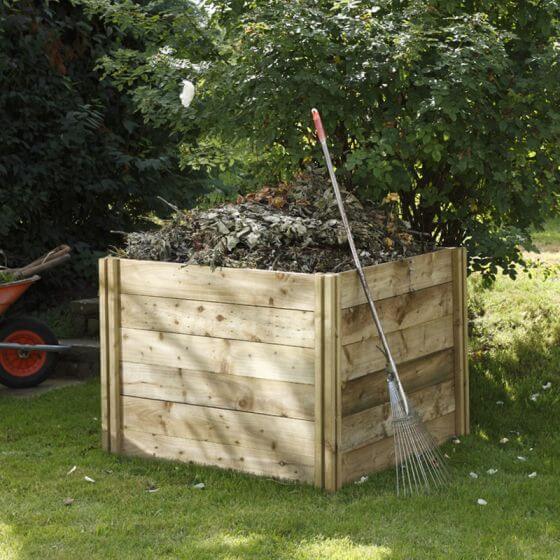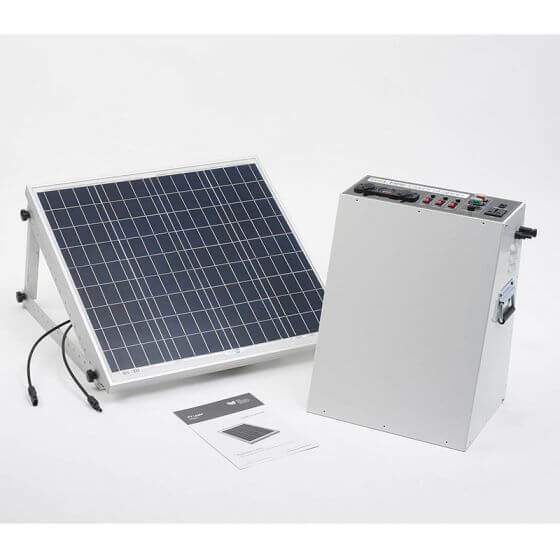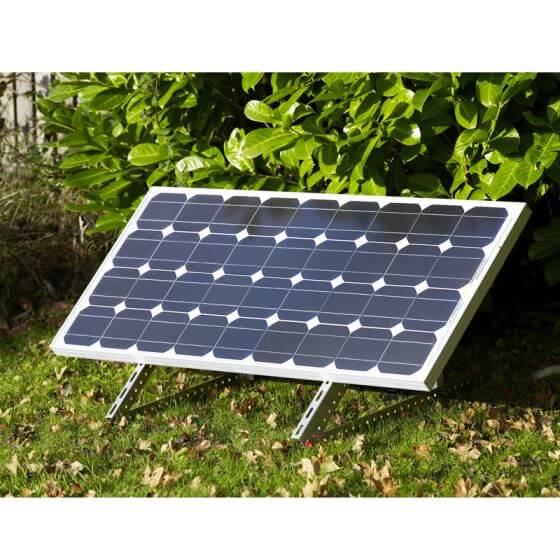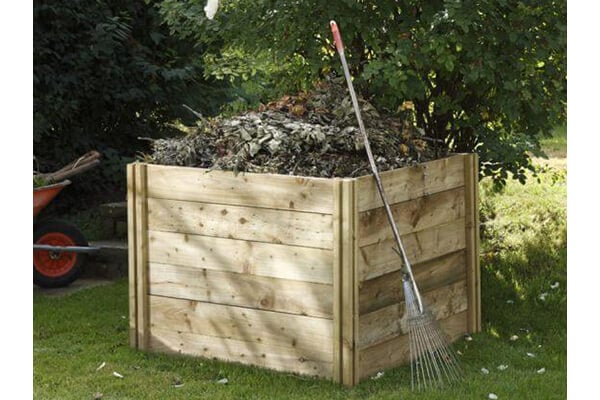
Welcome to the world of sustainable gardening and embracing sustainable living! In this guide, we explore the exciting realm of self-sufficiency, homesteading, and off-grid living. Discover the principles of becoming more eco-conscious, self-reliant, and environmentally responsible. Learn how to become sustainable and embrace a greener lifestyle, create a roadmap to self-sufficiency, and transition to an off-grid way of life. Get ready to embark on a journey towards fulfilment and sustainable living.
Exploring sustainable gardening and living
In the pursuit of sustainable living and a self-sufficient lifestyle, sustainable gardening serves as a cornerstone. It goes beyond merely cultivating plants; it is about fostering a harmonious relationship with nature while minimising environmental impact.
Sustainable gardening embraces eco-friendly practices, such as composting (view our compost bins here), rainwater harvesting, and organic pest control, to create a thriving ecosystem that supports biodiversity and wildlife. By incorporating native plants and reducing waste, gardeners contribute to a healthier planet while enjoying the beauty of their green spaces.
Homesteading is another empowering way of how to become self-sufficient and embrace a more self-reliant lifestyle. It involves living off the land, growing food, and often raising livestock, fostering a deeper connection to the Earth and a sense of independence. Homesteaders prioritise frugality, sustainability, and resourcefulness, making the most of what their land and environment provide.
Off-grid living takes self-sufficiency to a new level, disconnecting from mainstream utilities and embracing renewable energy sources like solar power and wind turbines. It encourages living in harmony with the natural surroundings and reducing reliance on external resources. Off-grid living brings a sense of freedom and simplicity, allowing individuals and families to embrace a more eco-conscious and sustainable way of life.
Introduction to homesteading
Homesteading is a way of life that heralds back to the self-sufficient practices of our ancestors, offering a path towards living more sustainably and independently. At its core, homesteading involves cultivating the land, growing your own food, and embracing a simpler, more hands-on approach to daily living. It encompasses a wide range of skills, from gardening and farming to preserving food and raising livestock.
Embracing homesteading means taking a step away from the fast-paced, consumer-driven lifestyle and embracing a deeper connection with nature and the Earth. It encourages individuals and families to be resourceful, creative, and resilient, using what the land provides in a thoughtful and sustainable manner. Homesteaders often prioritise environmental stewardship, employing eco-friendly practices to minimise waste and reduce their ecological footprint.
Homesteading is adaptable to various settings, from rural countryside to suburban neighbourhoods, making it accessible to people with different levels of land and resources.
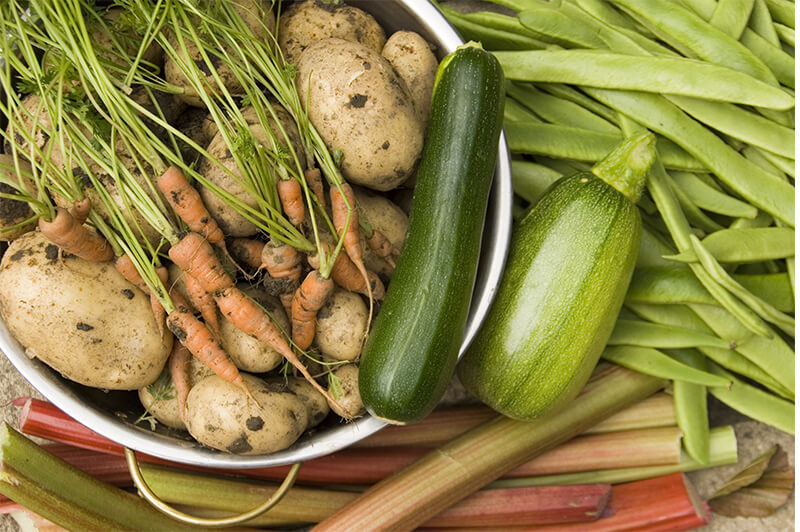

Whether growing a backyard vegetable garden or tending to a full-fledged farm, homesteading offers a path towards greater self-sufficiency and a more fulfilling, sustainable way of life.
Understanding off-grid living
Off-grid living is a lifestyle that involves disconnecting from traditional utilities and relying on self-sustaining methods to meet your daily needs. In this mode of living, individuals or families generate their own power, often through solar panels, wind turbines, or other renewable energy sources. They also collect and store rainwater for domestic use, reducing reliance on water company supplies.
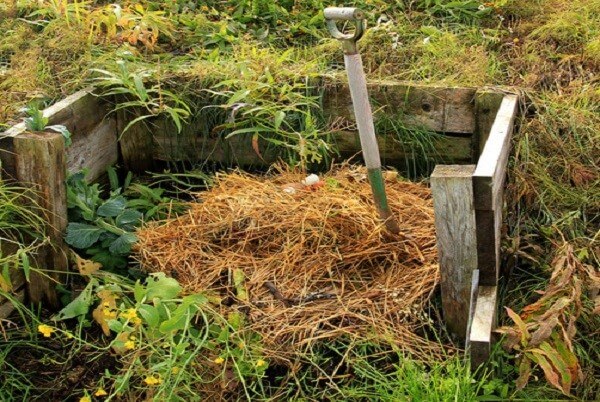

To achieve off-grid living, individuals must adopt practices that minimise waste and conserve resources. This often includes composting organic waste, using energy-efficient appliances, and implementing smart water usage strategies. Off-grid living promotes a deeper connection with nature and a heightened awareness of the environmental impact of daily choices. It empowers individuals to embrace self-sufficiency and independence, while also contributing to a more sustainable and eco-conscious way of life.
Achieving self-sufficiency
This is a core goal of sustainable gardening and living. It involves reducing dependence on external resources and producing a significant portion of the necessities right at home. Embracing practices like growing fruits, vegetables, and herbs in home gardens, raising backyard chickens for eggs, and harnessing renewable energy sources are vital steps towards self-sufficiency and how to become sustainable.
Additionally, implementing water-saving techniques, such as rainwater harvesting and efficient irrigation, further supports sustainable living. By becoming more self-reliant, individuals not only lower their environmental impact but also foster resilience and independence in the face of changing circumstances.
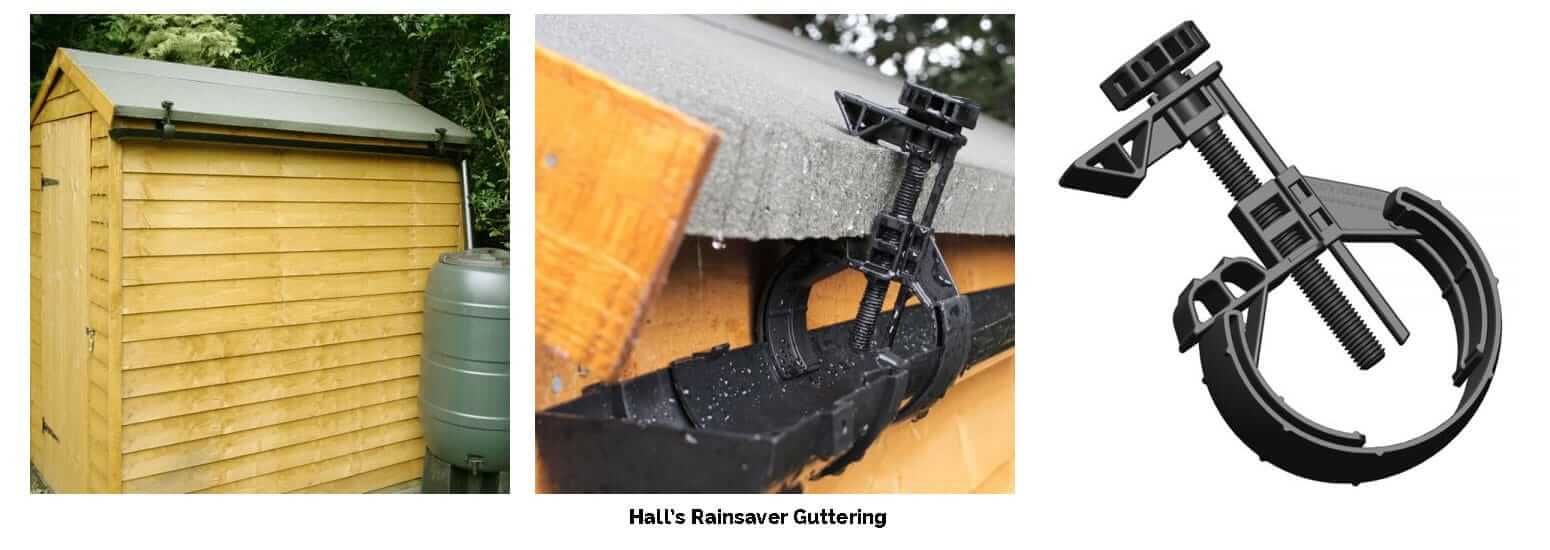

Building self-reliance
Building self-reliance is a fundamental aspect of sustainable gardening and living. It involves developing the skills and knowledge needed to take care of yourself and your immediate environment without relying heavily on external support. In the context of gardening, this means honing gardening skills to grow your own food and cultivating a diverse range of crops to ensure a stable food supply.
Additionally, building self-reliance entails learning essential homesteading skills such as food preservation, composting, and raising small livestock. By fostering self-reliance, individuals create a more resilient and sustainable lifestyle, reducing their ecological footprint and embracing a greater sense of autonomy and empowerment.
10 tips to become sustainable
Below are ten practical and sustainable tips in a table form to help you on your journey towards how to become self-sufficient and environmentally conscious. By incorporating these eco-friendly practices into your gardening and lifestyle, gardeners create a thriving and sustainable oasis that supports biodiversity, conserves resources, and minimises waste.
|
# |
Tip |
Description |
|
1 |
Start composting |
Set up a composting system to recycle organic waste into nutrient-rich compost, enriching the soil and reducing waste sent to landfills |
|
2 |
Embrace rainwater harvesting |
Install rain barrels or a harvesting system to collect and store rainwater, reducing the need for municipal water and conserving this precious resource |
|
3 |
Plant native species |
Opt for native plants well-suited to the UK climate, requiring less water and maintenance, supporting local wildlife and biodiversity |
|
4 |
Practice organic gardening |
Avoid synthetic pesticides and fertilisers, adopt natural methods to nurture plants and promote soil health, safeguarding beneficial organisms and minimising runoff |
|
5 |
Choose drought-tolerant plants |
Select water-efficient plants adapted to dry conditions, reducing water consumption, and thriving in environments with limited rainfall |
|
6 |
Implement companion planting |
Pair compatible plants to enhance growth, deter pests, and encourage pollination, creating a balanced ecosystem that supports each other's well-being |
|
7 |
Create wildlife-friendly habitats |
Provide food, shelter, and water sources to attract a diverse array of wildlife, fostering a harmonious coexistence with nature and promoting biodiversity |
|
8 |
Emphasise permaculture principles |
Adopt design principles such as sustainable landscaping, resource recycling, and minimising waste to create an abundant and self-sustaining garden |
|
9 |
Reduce, reuse, recycle |
Embrace the “three Rs” to minimise waste generation and creatively repurpose materials, contributing to a more sustainable and environmentally friendly garden |
|
10 |
Prioritise renewable resources & eco-friendly materials |
Opt for renewable resources and eco-friendly materials in garden structures and decor, reducing the garden's carbon footprint and supporting sustainable practices |
Sustainable Living: A Holistic Approach to Gardening and Lifestyle
The concept of sustainable living extends far beyond the confines of organic gardening or off-grid living. It's a holistic approach that encompasses every facet of our daily lives, from the food we consume to the energy we use. Sustainable living is about making conscious choices that benefit both the individual and the planet.
Sustainable living is not just a trend; it's a necessity. As we face global challenges such as climate change and dwindling natural resources, the importance of adopting sustainable practices becomes even more evident. By integrating principles of self-sufficiency, homesteading, and off-grid living into our daily routines, we can significantly reduce our carbon footprint and make a positive impact on the environment. This involves making informed decisions about the products we buy, the waste we produce, and the methods we use to grow our food.
Furthermore, sustainable living is deeply intertwined with the principles of self-reliance and self-sufficiency. It's about equipping oneself with the knowledge and skills needed to thrive in any situation. This could mean learning how to preserve food, understanding the basics of renewable energy, or simply knowing how to fix things around the house. By becoming more self-reliant, we not only empower ourselves but also reduce our dependence on unsustainable systems and practices.
Lastly, sustainable living is about community. It's about sharing knowledge, resources, and skills with others to create a more resilient and sustainable society. Whether it's through community gardens, local sustainability initiatives, or simply sharing tips and tricks with neighbours, building a community around sustainable living can amplify our individual efforts and create lasting change.
Roadmap to self-sufficiency
Creating a roadmap to self-sufficiency is an empowering journey that involves taking conscious steps towards living a sustainable and eco-friendly lifestyle. To embark on this path, start by setting clear goals and priorities for your self-sufficient journey.
Assess your current lifestyle and identify areas to make environmentally friendly changes, both in your gardening practices and everyday life, here are ten ideas to get you started on your roadmap to self-sufficiency:
1) Community collaboration - join local sustainability initiatives and collaborate with like-minded individuals to create a network of support and shared knowledge
2) Conserve water - install rainwater harvesting systems, use water-efficient irrigation methods, and choose drought-resistant plants to conserve water in your garden
3) Embrace homesteading practices - consider homesteading to produce your food, raise livestock, and become more self-reliant
4) Embrace sustainable gardening - transition your garden to a sustainable oasis by adopting organic gardening practices, using compost to enrich the soil, and choosing native plants that support local biodiversity
5) Implement permaculture principles - incorporate permaculture principles into your garden and living space to create a harmonious and regenerative ecosystem
6) Off-grid living - explore off-grid living options to reduce dependency on public utilities and create a sustainable and self-sufficient lifestyle
7) Preserve biodiversity - create wildlife-friendly habitats and prioritise biodiversity in your garden to support the natural balance of ecosystems
8) Reduce consumption - practice mindful consumption and opt for eco-friendly products that have a positive impact on the environment
9) Reduce waste - implement waste reduction strategies such as recycling, composting, and repurposing materials to minimise your ecological footprint
10) Renewable energy - explore renewable energy options like solar panels and wind turbines to power your home, reducing reliance on fossil fuels
By following this roadmap to self-sufficiency, you practice sustainable living and a resilient lifestyle that nurtures both your garden and the planet, fostering a more harmonious relationship with nature and promoting a greener future for generations to come.
Transitioning to an off-grid lifestyle
The transitioning to an off-grid lifestyle involves a significant shift towards self-sufficiency and independence from conventional utilities. If you are thinking “how to go off-grid”, it requires careful planning, investment in renewable energy sources like solar panels and wind turbines, and the development of sustainable practices to meet daily needs.
Embracing off-grid living allows individuals to reduce their environmental impact, embrace a simpler and more sustainable way of life, and cultivate a deeper connection with nature and the resources it provides.
Closing remarks
In conclusion, sustainable gardening and living offer an exciting path towards self-sufficiency, environmental responsibility, and a closer connection with nature. By incorporating eco-friendly practices in gardening and embracing principles of homesteading and off-grid living, individuals create a harmonious relationship with the Earth while reducing their ecological footprint.
From composting and rainwater harvesting to embracing native plants and wildlife-friendly habitats, every step taken towards sustainability contributes to a healthier planet. By setting clear goals and following a roadmap to self-sufficiency, including how to go off-grid, individuals may embark on a fulfilling journey that fosters resilience, resourcefulness, and a greener future for generations to come. So, get ready to immerse yourself in the world of sustainable gardening and living and embrace a more eco-conscious and fulfilling existence!
Get in touch about how to become sustainable
We would be delighted to hear from you. Our experts are available to discuss our range of products and how they enable sustainable gardening. Contact information for Shedstore is:
- Phone - 0333 003 0518
- E-mails - complete our contact page form
- Text chat - contact us using the live chat app
Your thoughts on our guide to sustainable gardening matter to us. Did our article prove useful to you? Please share your thoughts or suggestions on sustainable living or any of the topics discussed in this article. Join the conversation by leaving a comment or connecting with us on our social channels at Facebook, Twitter, Instagram and Pinterest.





